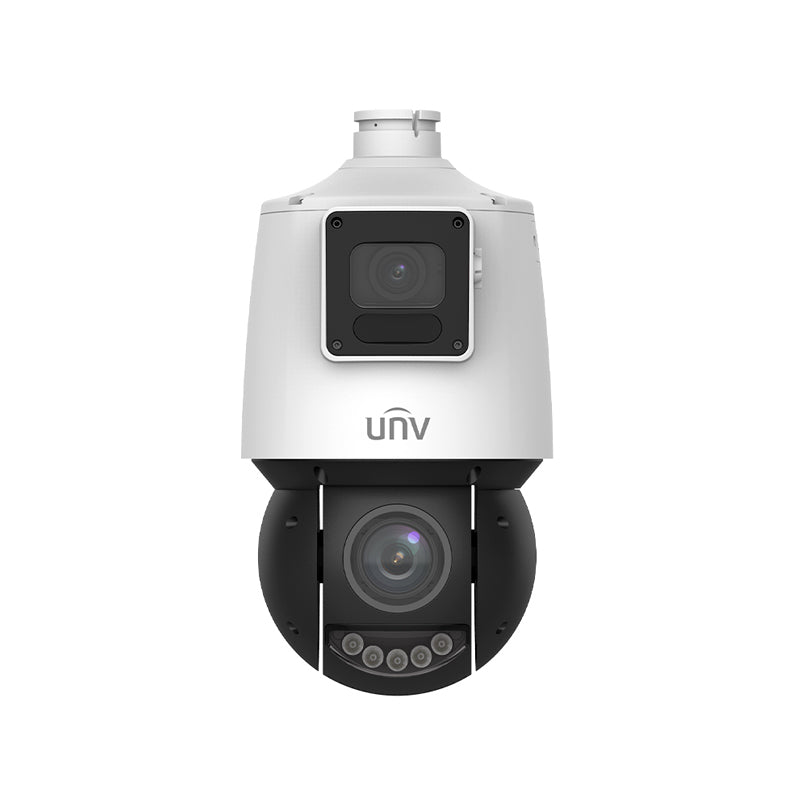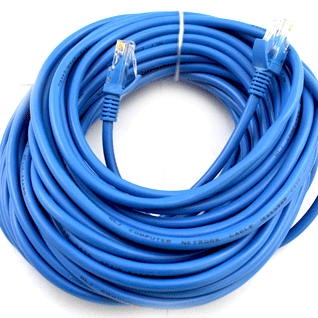FAQ - H.264 & H.265/HEVC Comparison
What's the Difference Between H.265 and H.264
Regarding the most advantages of H.265 IP technology, it's the leading technology that will replace of H.264 in the future, as H.265 IP camera and H.265 NVR cover the less video storage of system than H.264, and the network transfer speed of H.265 is much faster with clearer video image than H.264.
H.265, also known as High Efficiency Video Coding (HEVC), is the successor standard to H.264, and has generated huge optimism given
Industry's struggle with shortage of bandwidth, spectrum, storage and imminent need to take growing HD content for multi platform delivery.
What is H.264:
H.264 is practically ubiquitous with HD video. Even if you don't know a thing about video codecs, you've probably heard of H.264.
It's the video encoding process used for Blu-ray, Netflix, YouTube, and Vimeo. Watch a video on the web, and chances are H.264 encoding
is responsible for delivering a great picture at a bitrate your Internet connection can handle--80 percent of web video now runs on the H.264 codec.
What is H.265(HEVC):
Well, technically, H.265 goes by the name of HEVC, or High Efficiency Video Coding. As H.265's longer name implies, the video codec is
designed to succeed H.264 with a more efficient encoding standard. That means it will support video files of 4K and 8K resolutions while
simultaneously improving upon current streaming by cutting the required bitrate by up to 50 percent. HEVC theoretically will make current
HD video streaming more efficient while paving the way for a future of 4K content.
Differences between H.265/HEVC and H.264:
Some of the key differences between H.265 (HEVC) and H.264 (MPEG 4 AVC) are listed below:





